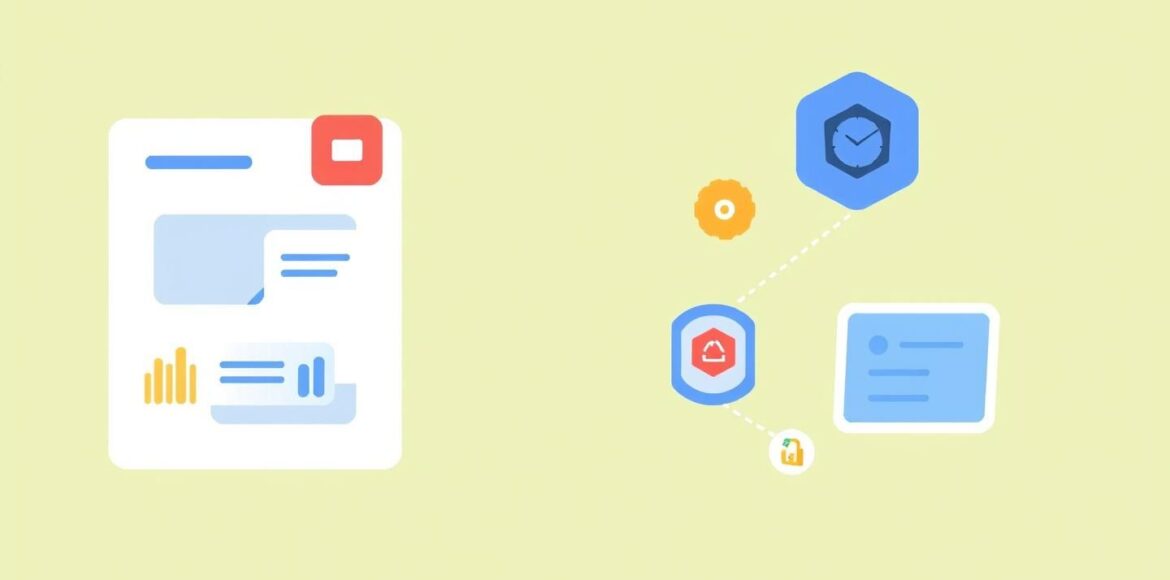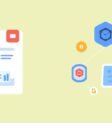
Project organization has always faced challenges such as manual processes, miscommunication, and difficulty adapting to changing demands. Today, AI agents are revolutionizing project management by introducing automation, intelligent insights, and streamlined workflows. In this article, we’ll explore the evolution from traditional methods to AI-driven project organization, how AI agents operate, real-world applications, must-have features, implementation strategies, challenges, and the future of this technology.
The Shortcomings of Traditional Project Management
Traditional project management methods are plagued by common problems: manual data entry, fragmented communication, and delays caused by slow decision-making. These approaches often lead to unclear task ownership, duplicated efforts, missed deadlines, and an overall inability to keep up with today’s fast pace. As project complexity grows, the limitations intensify, threatening outcomes and stakeholder satisfaction.
Moreover, with larger, distributed teams and ever-increasing volumes of information, even skilled managers struggle to align tasks, oversee progress, and respond to risks using outdated tools. Integrations between these traditional systems are frequently unreliable, resulting in information silos and a lack of real-time visibility. In this challenging landscape, organizations are recognizing the necessity of adopting AI agents for project organization to optimize efficiency and drive successful results.
How AI Agents Transform Project Organization
AI agents are advanced software programs that use artificial intelligence to autonomously perform tasks, make smart decisions, and interact seamlessly with their environment. Unlike conventional project management tools, which rely on manual input, AI agents can analyze complex data, learn from real-world outcomes, and continuously adapt their behavior to changing scenarios.
At their core, AI agents receive project goals, observe everything from task updates to team communications, and independently chart the best path forward. They automate everything from meeting scheduling and assigning tasks to identifying risks and optimizing workflows—minimizing the need for constant human oversight. This autonomy is what sets AI agents apart from static project tracking platforms, as they not only interpret and suggest actions, but actually execute them. Over time, these agents learn and refine their abilities for even greater efficiency.
To see how custom AI agents can be set up to match your team’s workflows, you can visit Setting Up Custom AI Agents with TheAgentBot.
Real-World Applications: AI Agents in Action
Across various industries, AI agents are already demonstrating measurable improvements in project outcomes. Consider a multinational tech firm that leveraged AI for resource scheduling, cutting delays by 30% thanks to continuous workload analysis and intelligent task assignment. Similarly, a prominent construction company integrated AI agents into their platforms to monitor progress, identify deviations, and flag issues in real time—resulting in projects completed 15% faster and on budget.
Tech startups benefit by using AI agents to analyze collaboration trends, recommend communication strategies, and keep hybrid teams aligned. In healthcare, AI-powered tools help coordinate complex treatment schedules, assign staff, and automate reminders—freeing up clinicians for patient care and boosting overall workflow efficiency.
These cases highlight how AI agents for project organization streamline task distribution, boost team visibility, anticipate challenges, and fundamentally improve team communication—leading to projects that finish faster, cost less, and deliver higher satisfaction.
For a real-life productivity boost, check out Case Study: How One User Doubled Productivity Using TheAgentBot.
Must-Have Features in AI-Powered Project Tools
If you’re examining tools for AI agents for project organization, focus on solutions offering the following capabilities:
- Automation: Look for tools that automate tasks like scheduling, status reports, and resource assignments, cutting down on manual labor and human error.
- Predictive Analytics: Advanced AI uses historical data to forecast risks, resource bottlenecks, and potential delays—empowering teams to solve issues before they snowball.
- Task Coordination: Intelligent collaboration features, such as dynamic task assignment and real-time dependency tracking, keep everyone in sync.
- Actionable Insights: Top platforms provide data-driven recommendations for process improvements, continuous optimization, and bottleneck resolution.
- Customizable Workflows: AI agents should fit your processes—not the other way around—allowing adjustable dashboards, communication channels, and integration options.
- Integrations and Scalability: Seamless connections with other business tools and scalable solutions ensure your AI investment pays off as your needs grow.
Explore more on Top 10 Features of TheAgentBot You Shouldn’t Miss for a comprehensive look at what makes modern AI platforms powerful for project management.
Implementing AI Agents into Your Workflow: Practical Steps
Successful integration of AI agents starts with identifying repetitive and time-consuming tasks—like scheduling, tracking, or reporting—that can be optimized. Assess your current systems for compatibility, ensuring a smooth transition to AI-powered tools.
Choose an AI agent that aligns with your team’s unique requirements: consider task delegation, analytics, and communication features. Begin with a small-scale pilot, observe its impact, and gather user feedback. Provide hands-on training and clear documentation so your team understands both how the agent works and its benefits.
Embed the AI agent into daily routines, such as stand-ups and project reviews, and define measurable success criteria—be it faster completion times, reduced admin workload, or improved decision-making. Iterate based on feedback, expanding the agent’s use case as results prove positive.
You can learn how to build a flexible, multi-purpose AI agent with this Step-by-Step Guide to Building a Multi-Task AI Agent.
Addressing Challenges: Security, Change Management, and Integration
Adopting AI agents for project organization comes with unique obstacles. Chief among them is data security, as sensitive company information is processed by new platforms. Protect your data through robust encryption, strong access controls, and frequent audits. Ensure your vendor complies with industry standards such as GDPR or HIPAA.
Change management is also critical. Employees might resist new technology or worry about job security, so transparent communication and targeted training are essential. Emphasize that AI agents augment—not replace—human skills, and provide resources for staff to acclimatize comfortably.
Lastly, address integration by carefully planning and piloting the rollout to work out compatibility issues with legacy software. A phased approach with continuous feedback ensures minimal disruption and long-term buy-in from your teams.
The Future of AI Agents for Project Organization: Trends and Opportunities
The evolution of AI agents is accelerating. Advanced scheduling, predictive analytics, and automated risk assessment are now commonplace, eliminating manual oversight for complex projects. Integration with real-time communication tools means AI agents can deliver status updates and alerts directly to where teams collaborate, minimizing information silos.
Thanks to natural language processing, these agents now understand and act on instructions given in plain language, reducing the learning curve and boosting user engagement. Some cutting-edge systems even monitor team sentiment to alert managers of potential deeper issues.
As these tools become more customizable and learn from each project cycle, their ability to tailor actionable insights and proactively recommend improvements only increases. The organizations that invest in training, adaptability, and strategic adoption of AI agents today stand to gain lasting competitive advantages tomorrow.
For more on how AI is being leveraged across agency workflows, see our insights on AI Agents for Time Tracking and Task Management.
Conclusion
The shift toward AI agents for project organization is more than a trend—it’s quickly becoming essential for success in complex, high-velocity environments. By embracing AI, organizations can automate routine tasks, uncover data-driven insights, align distributed teams, and respond swiftly to change. With careful implementation and a focus on flexibility, AI agents empower your team not just to meet project goals, but to exceed them in efficiency and quality.
Start today by assessing where AI agents can add immediate value to your workflows, and position your organization at the forefront of 21st-century project management.






